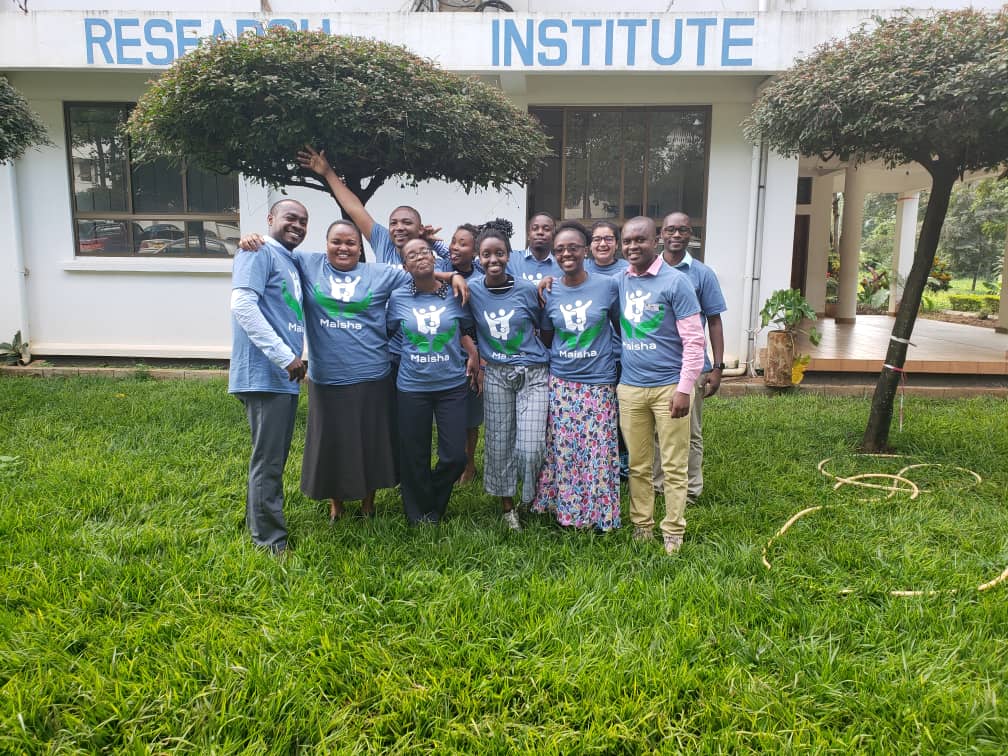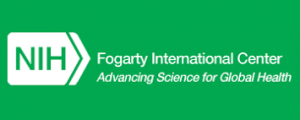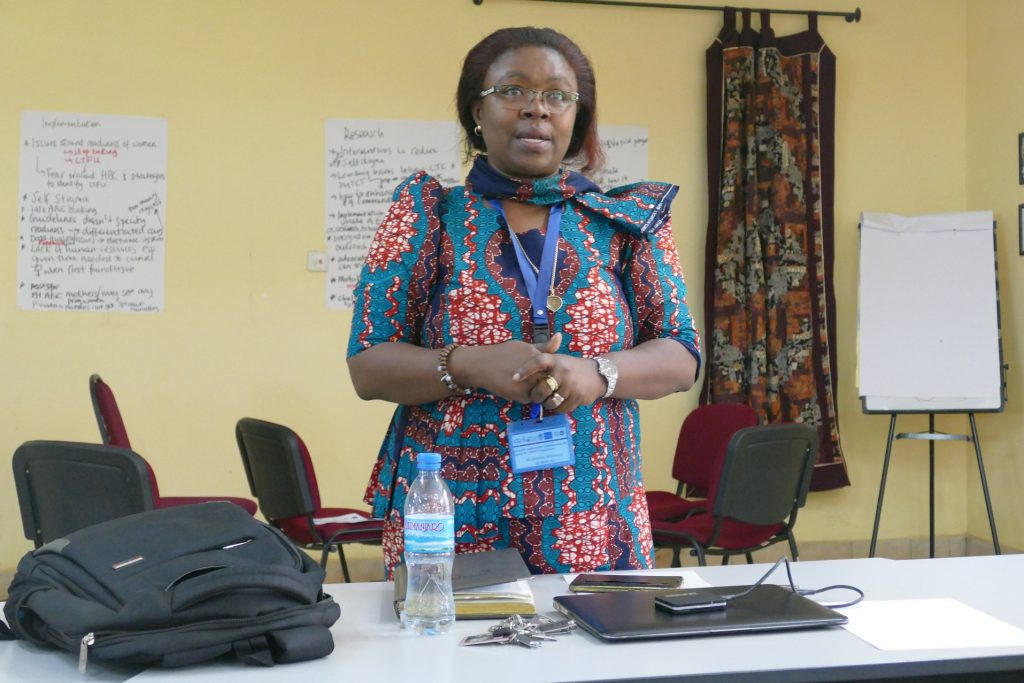
As we follow our cohort of HIV-infected women in Tanzania, it is important for us to place our research within the broader context of Option B+ implementation across Africa. Our team conducted the first systematic review synthesizing the growing body of literature describing the PMTCT care cascade in the Option B+ era in Africa. The review was guided by 2 study aims: (1) to summarize the proportion of HIV-infected pregnant women initiating and retained in HIV care and Option B+ programs at various time points after starting lifelong ART, and (2) to identify the factors associated with retention in HIV care and loss to follow-up under Option B+.
The analysis, led by Brandon Knettel and Cody Cichowitz, includes 35 articles representing more than 60,000 African women initiating ART under Option B+. Pooled estimates of retention were 72.9% at 6 months for studies reporting < 12 months of follow-up and 76.4% at 12 months for studies reporting ≥12 months of follow-up. These retention rates, which are lower than those of the general adult population, underscore the need for interventions that target the unique and complex circumstances of women initiating care under Option B+. Risk factors for poor retention included younger age, initiating antiretroviral therapy on the same day as diagnosis, initiating during pregnancy versus breastfeeding, and initiating late in the pregnancy. Retention was compromised by stigma, fear of disclosure, and lack of social support. Furthermore, the review notes the inconsistency of methods used across the studies, and in response includes recommendation for future studies measuring retention to help standardize procedures for tracking and reporting retention.
Full citation:
Knettel, B. A., Cichowitz, C., Ngocho, J. S., Knippler, E. T., Chumba, L. N., Mmbaga, B. T., & Watt, M. H. (2018). Retention in HIV care during pregnancy and the postpartum period in the Option B+ era: A systematic review and meta-analysis of studies in Africa. Journal of Acquired Immune Deficiency Syndromes (JAIDS) 15;77(5):427-438. doi: 10.1097/QAI.0000000000001616
Abstract and full article available at:
https://www.ncbi.nlm.nih.gov/pubmed/29287029










